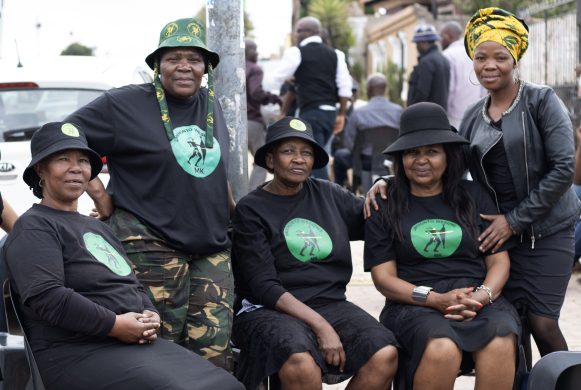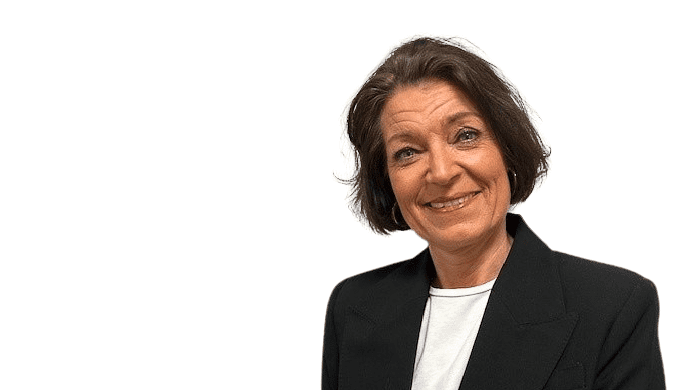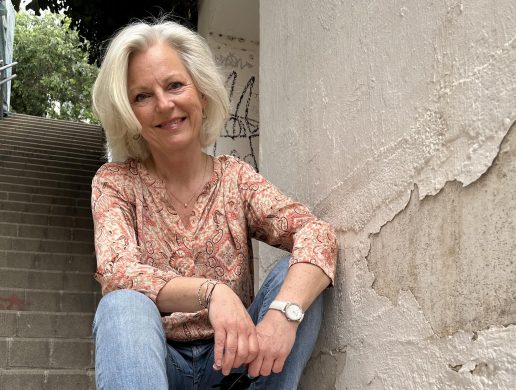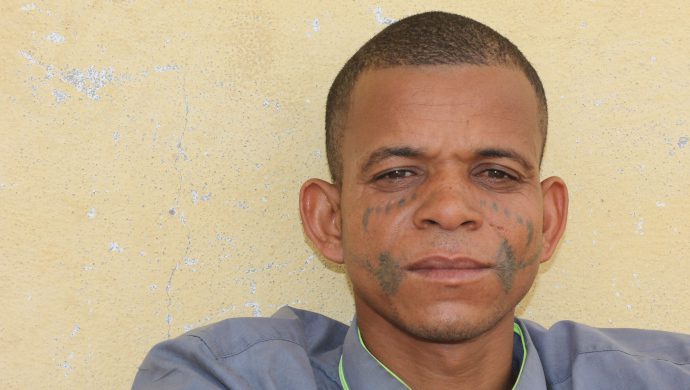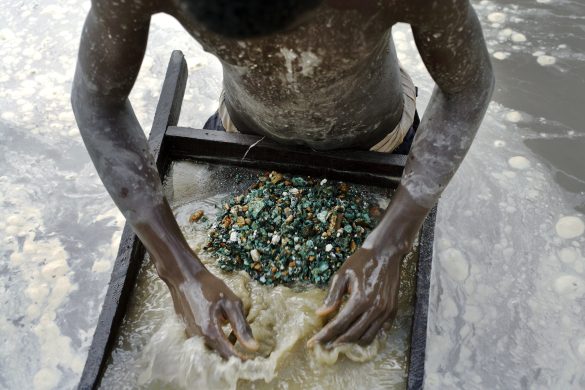Alle børn bør have god og næringsrig kost, så de kan leve et godt liv – med den overskrift blev SUN lanceret for to år siden: Men hvor uafhængig er man af indflydelsesrige kommercielle firmaer? Det spørgsmål har bragt sindene i kog.
JOHANNESBURG, 31 October 2012 (IRIN): Two years after the launch of a global effort to mobilize countries in the use of scientific approaches to improve nutrition (gøre kosten mere næringsrig), the movement seems to be gaining momentum.
More than 30 countries have signed up with the Scaling Up Nutrition Movement, better known by its acronym (forkortelse) SUN.
But some countries are still reluctant to join amid questions and criticism over its lack of clarity and perceived relationship with companies that have controversial nutrition records, say experts.
“I do not think anyone will deny that the movement is based on sound scientific principles and has managed to provide nutrition the profile it desperately needed, but there is still confusion around how it actually works and what it stands for,” said Purnima Menon, a nutrition expert with the International Food Policy Research Institute (IFPRI).
Studies published in The Lancet in 2008 showed that inexpensive nutrition interventions – such well-balanced meals fortified (beriget) by micronutrients and breastfeeding until a child is two years old – not only reduce infant and maternal mortality but also boost economic growth in developing countries.
The Framework for SUN, developed in 2010, was based in part on the Lancet series’ findings; it also recognized the need to address the underlying determinants of poor nutrition, including poor access to nutritious food, drinking water and sanitation.
A big tent
SUN is considered a “big tent, designed to create the political space within which various nutrition initiatives can be implemented to best effect”, said David Nabarro, coordinator of the movement and Special Representative of the UN Secretary-General for Food Security and Nutrition.
The movement provides space for countries to establish their own approaches to nutrition, based on each country’s individual needs and capacity, Nabarro said. “The movement sets out to ensure that countries are in the lead and that efforts of multiple stakeholders (aktører) are aligned in response to people’s needs and requests from countries.”
But this could be its undoing.
“While one can understand the need to provide enough room to accommodate everyone’s needs and be acceptable, it has to draw the line somewhere and develop a sharp focus,” said a nutrition expert in South Africa, who did not want to be named.
In its attempts to be a church for all religions, SUN might lose much-needed support from champions of nutrition, who are often purists in their approach.
In their view, the movement’s affiliation (forbindelse) with private sector companies like Unilever, which are not traditionally associated with healthy foods, sits uneasily with its science-backed effort to overhaul nutrition strategies and implement low-cost nutrition interventions.
SUN is not promoting any specific affiliations, said Nabarro. All stakeholders, including businesses, commit to the movement’s principles of engagement.
“If anyone is abusing (misbruge) the message or using our language for interests that are not in line with those of the movement, please report it to us,” he said.
Refusing to participate
Læs videre på







